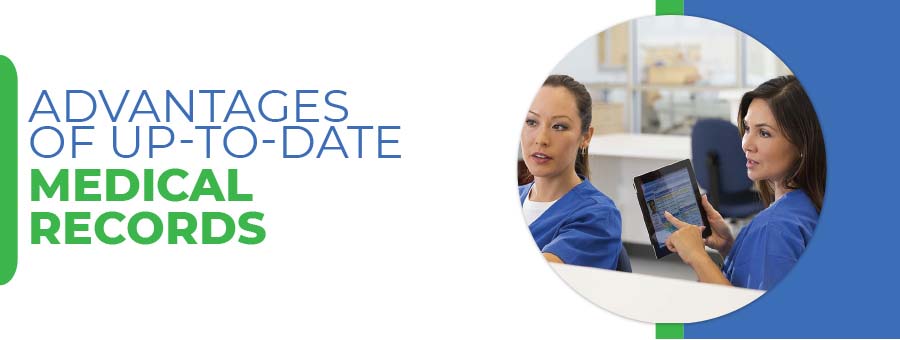
Email: info@prgmd.com | Call: +1 (630) 242-6474
Business hours: 9:00 to 5:00 | Monday to Friday
Email: info@prgmd.com | Call: +1 (630) 242-6474
Business hours: 9:00 to 5:00 | Monday to Friday

Table of Contents
ToggleThousands of medical claims get rejected every year due to inappropriate medical records practices. The number is ever-increasing due to the changes in reimbursement policies. Understanding the reasons why medical claims get denied can help limit this number. Some of the most benchmarking statistics for group practices depict an average of 5-10 % rejection rate. No matter where you fall in the denial rate scale, unclaimed revenue on the table can impact profit margin significantly. The only way to diminish the denial rate is to reach the bottom line of these rejections: why do they happen in the first place?
Many practices overlook the medical records and their importance in the billing process. Hence, they lose a big chunk of revenue. And one of the reasons for these denials is Incorrect Medical Records. Eradicating this issue by updating accurate patient demographics needs to be in place. It is an error that happens mainly due to a lack of communication between the front office and the billing team.
Electronic medical records play a crucial role in reducing the possibility of inaccurate medical records. Using an EMR has improved and transformed the healthcare system from a paper-based environment to a centralized medical records platform that provides real-time access to clinical information that assists practitioners and payers in delivering a higher quality of care.
Benefits of accurate medical records include:
Considering all the advantages of electronic health records and the rapidly growing electronic interconnectedness of the healthcare world, even if EMRs had not been delegated by healthcare reform, their development, and eventual ubiquity in the healthcare industry is inevitable. Our Medical Billing Services can help you get an effective claim submission approach.
Share:
Categories
Recently Added

What is an ABN in medical billing?

What does a Clearinghouse do During Claims Submission?

What is EOR in Medical Billing?
We Would Love to Assist You!
We treat your data confidentially and don’t share any information with a third party.